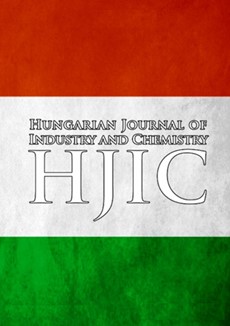Challenges of Localization Algorithms for Autonomous Driving
DOI:
https://doi.org/10.33927/hjic-2020-07Keywords:
autonomous driving, localization, information fusion, filteringAbstract
One could easily believe that the technology surrounding us is already easily capable of determining the current location of a vehicle. Whilst many devices, technologies, mathematical models and methods are available in the automotive world, the complexity of the localization problem still cannot be underestimated. The expectation is to determine in real time with a high degree of accuracy the location of a vehicle in order to make correct autonomous decisions and avoid dangerous and potentially damaging situations. Various research directions have been undertaken since the birth of autonomous driving from the well-known satellite navigation-based systems that rely on offline maps to the more sophisticated approaches that use odometry and existing sensor data using sensor fusion. The aim of the current work is to review what has been achieved so far in this field and the challenges ahead, e.g. the need for a change in paradigm as today's global positioning systems are not intended for machines but humans and are based on the abstraction of human thinking and human decision-making processes.Downloads
Published
2020-07-06
Issue
Section
Articles
How to Cite
Challenges of Localization Algorithms for Autonomous Driving. (2020). Hungarian Journal of Industry and Chemistry, 48(1), 43-49. https://doi.org/10.33927/hjic-2020-07




